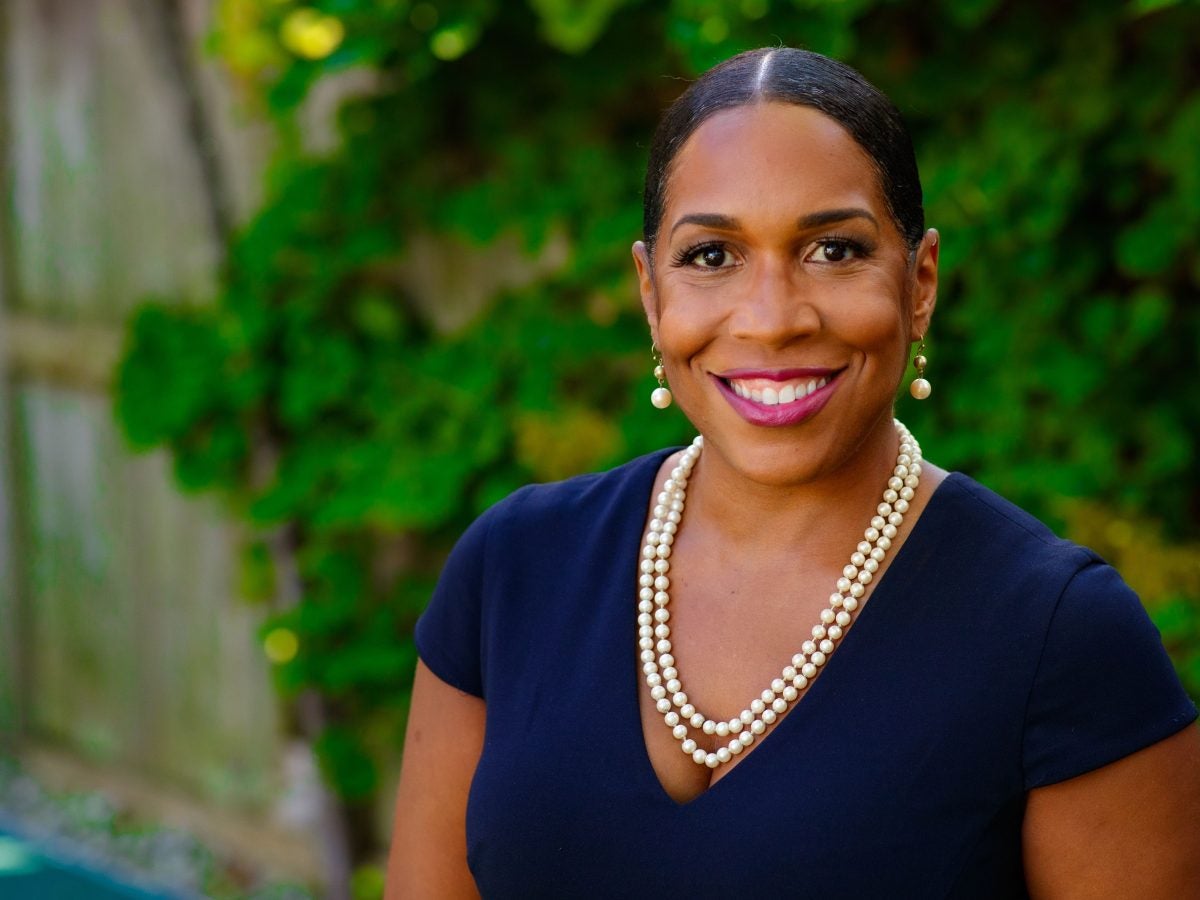
When the U.S. Supreme Court ruled that safe and legal abortion was a federally protected right in the 1973 landmark case, Roe v. Wade, the backlash to dismantle this new constitutional freedom immediately ensued. Nearly fifty years later, not a day has passed since the Court’s ruling where anti-choice, far-right extremists haven’t tried to take us backwards.
As the Court readies their decision in Dobbs v. Jackson Women’s Health this coming June, it will be on the heels of an unprecedented nationwide assault against bodily autonomy and women’s reproductive health. States like Texas, Florida, Missouri, Mississippi, Idaho, and Oklahoma are in the process of, or have already imposed, sweeping restrictions on women’s access to abortion — in many cases banning care before a woman even knows she is pregnant and without any exceptions for rape or incest.
Much of this legislation was thread through the fine needle of a bounty bill, which criminalizes any person who assists a woman in receiving an abortion and incentivizes citizens to act as vigilantes against those seeking reproductive care. The coincidence is not lost on anyone who knows the sordid history of government-sanctioned bounty hunting.
These actions from Republican-led legislatures across the country have struck fear in the hearts of millions of women and girls and forces us to envision a future without federal protections for abortion.
For women, a post-Roe America means losing access to vital health care.
For Black women especially, this threat could be fatal.
According to a recent study, in the event of a total ban on abortion, Black women will experience the greatest increase in preventable pregnancy-related deaths in the years to follow: over 30 percent. And if Roe is overturned, 26 states will either have pre-Roe abortion bans take immediate effect, or they will swiftly pass legislation banning the practice entirely.
Although Black women make-up one-fourth of all induced abortions in the U.S., the detrimental effect of Roe’s loss will hit us harder, leaving our most vulnerable, youngest, and least financially stable to choose between unwanted pregnancies, unsafe abortion methods, or expensive travel across state lines.
If we combine the loss of safe and legal abortion access with the existing disproportionate health outcomes Black women face, emotional, physical, and economic disaster will surely follow.
As the lieutenant governor of Illinois, I am proud to have worked with Governor JB Pritzker to lead our state’s efforts to protect and expand access to critical reproductive health care. In 2019, my partner-in-governance signed the Reproductive Health Act, which enshrined reproductive rights into state law, protecting the freedom to choose from the potential overturning of Roe v. Wade by the U.S. Supreme Court.
This law repealed outdated laws that criminalized abortion and requires private health insurance plans to cover abortion alongside other pregnancy-related services to lower financial barriers to care. It also serves as our last line of defense against the ongoing Republican agenda to control women’s health care decisions.
In Illinois, we refuse to allow any person, organization, or cruel legislative attempt take our power away from us, and we’ve continuously demonstrated our commitment to women and girls. In my role as Chair of the Illinois Council on Women and Girls, I’ve fought for increased protections to ensure equal pay for equal work and prevent gender-based violence in our state.
We’ve made Illinois a safer and more compassionate place for survivors of assault and violence while bolstering our ability to hold those responsible for these heinous acts accountable and have implemented safeguards for employees who experience sexual harassment or workplace discrimination.
As we enter this new and uncertain future, it’s incumbent on leaders across the country to consider the women who will lose so much if the Supreme Court overturns Roe v. Wade.
This fight ahead is not new to any of us. Illinois women have a history of building communal power in restrictive conditions, and we will continue to do so moving forward.
While I cannot promise that the reality we find ourselves in won’t cause further heartbreak, loss and suffering for the most vulnerable among us — I can promise that together, through our collective strength and courage, we will persevere and overcome.




